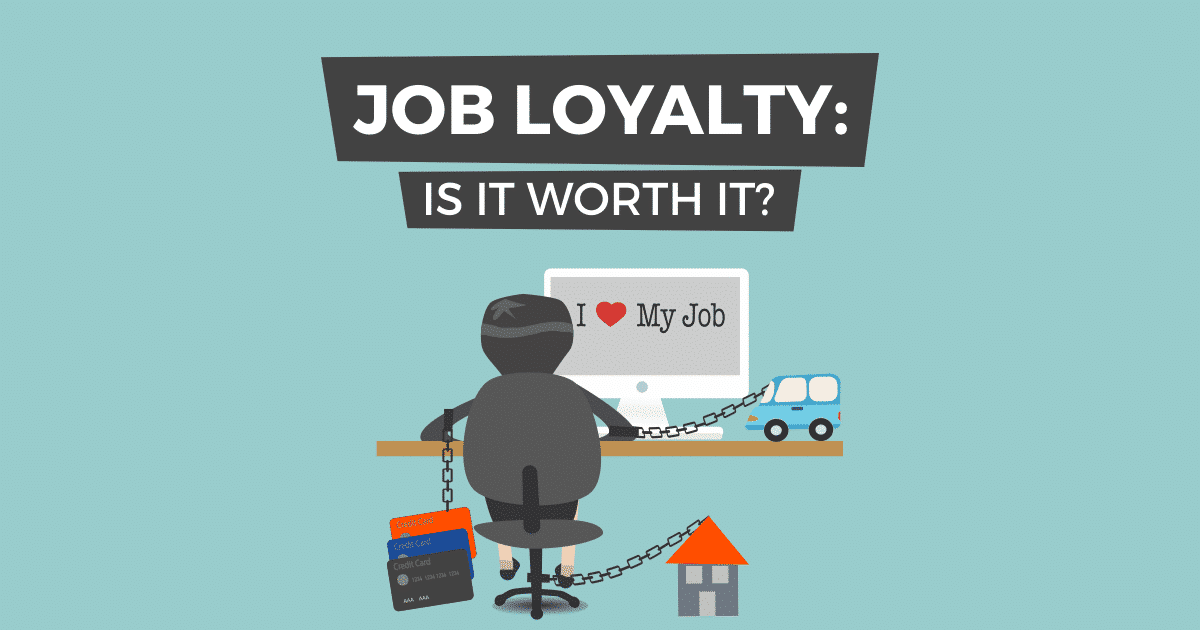Job loyalty: by definition, refers to when an employee is committed to an employer. Such an employee does not actively seek another job and even when opportunities for career progress arise elsewhere, they are unexcited by it.
Millenials have a very poor reputation when it comes to job loyalty. A recent report by Gallup estimates that millennial turnover costs the U.S. economy $30.5 billion annually as 6 in 10 Millennials are open to new job opportunities.
Whether or not you’re for job loyalty, both sides of the coin have their pros and cons for your career. Long-term job loyalty is almost non-existent and as employee turnover grows, medium-term employee turnover continues to be on the rise. We look at the some of the gains and losses of job loyalty for your career.
Table of Contents
Will Your Experience Work For You or Against You?
Hopping from one job to another will provide with more work experience based on your achievements at the different organisations that you work with. Meanwhile, staying loyal to a job will grant you so much experience especially within the inner workings of an organisation as you would have lived through the different phases the company has been through. This makes you a go-to person for all that concerns the organisation.
On experience, however, job loyalty makes your career less marketable if you’re seeking a career move, especially when compared to other individuals who have moved to different organisations or industries over the same period as you.
How Does Job Loyalty Impact Your Network?
It is usually said your network is your net worth. Most times, job loyalty will stifle your chances of growing your network within your industry and this can make your career progression slower and less marketable.
Let us put this into perspective – Hiring a sales manager with 8 years of work experience across 3-5 organisations is quite different from hiring a sales manager with 8 years of work experience in one organisation. All things being equal, the former will have an upper hand over the latter and is more likely to be hired.
Does Job Loyalty Affect Your Chances of Getting a Promotion?
For individuals without job loyalty, the chances of getting promoted stay slim. Most organisations look to foster growth with people with in-depth knowledge of their organizations’ history and culture. Such decision most times will favour someone who has been with the organization for quite some time.
In conclusion, your job loyalty can have a positive or negative effect on your career but a lot of what happens will ultimately be based on your decision to be loyal or not. Whether you choose to be loyal to a company or not is completely up to you. For most people, job loyalty can be influenced by pay, good working conditions, flexible working hours and other perks and employee retention strategies from the employer. How long would you stay on a job if all the conditions were right before leaving? Let’s hear from you in the comment section below.








